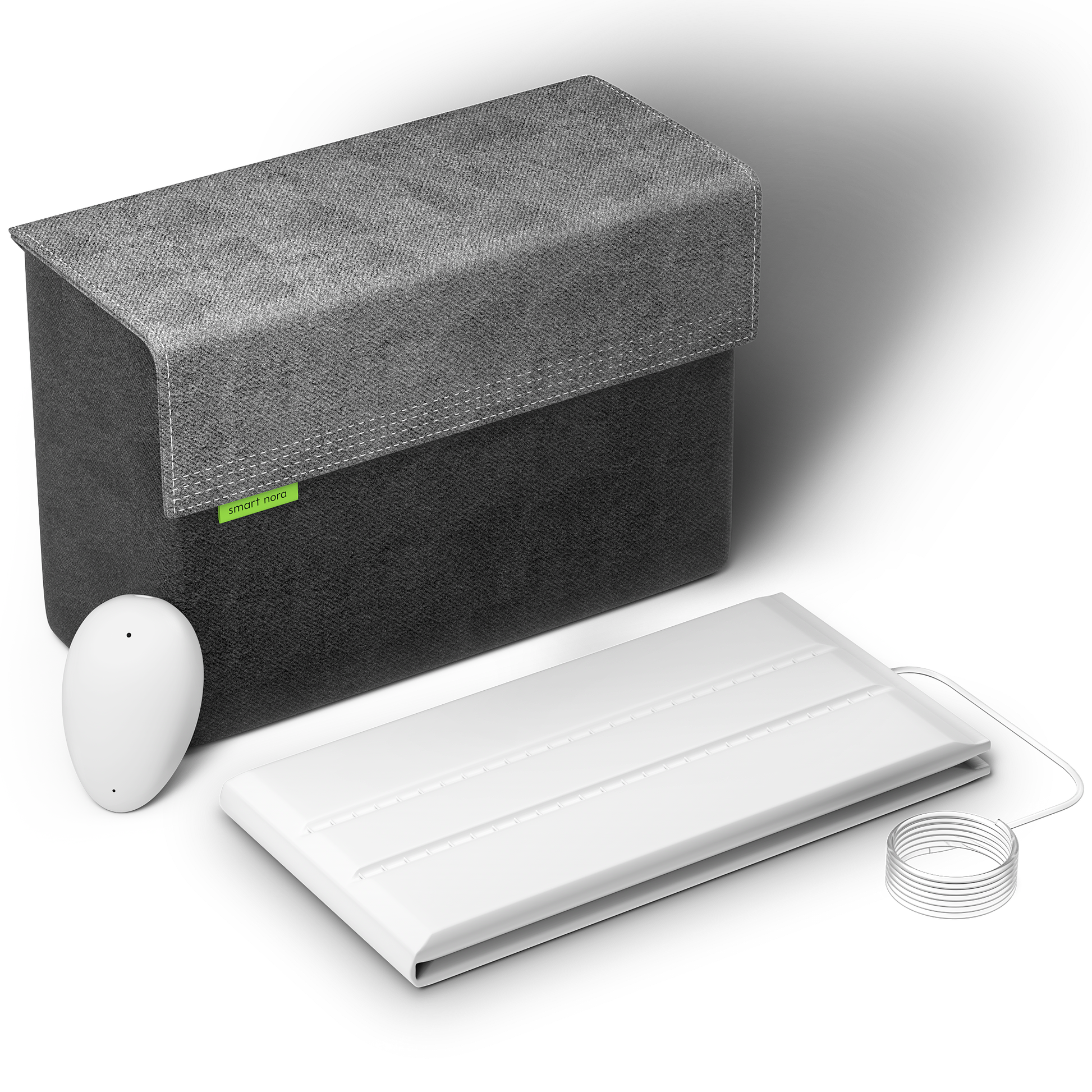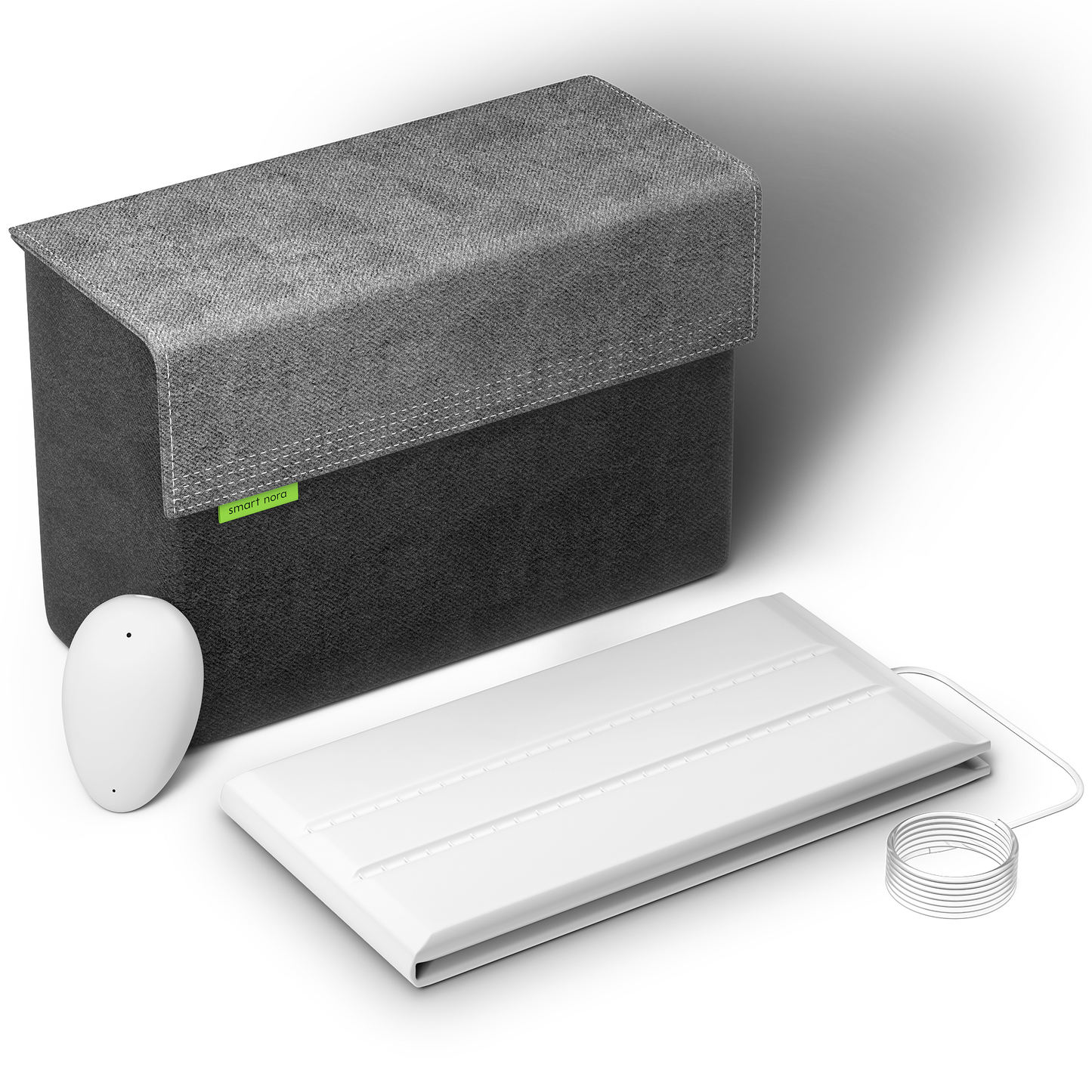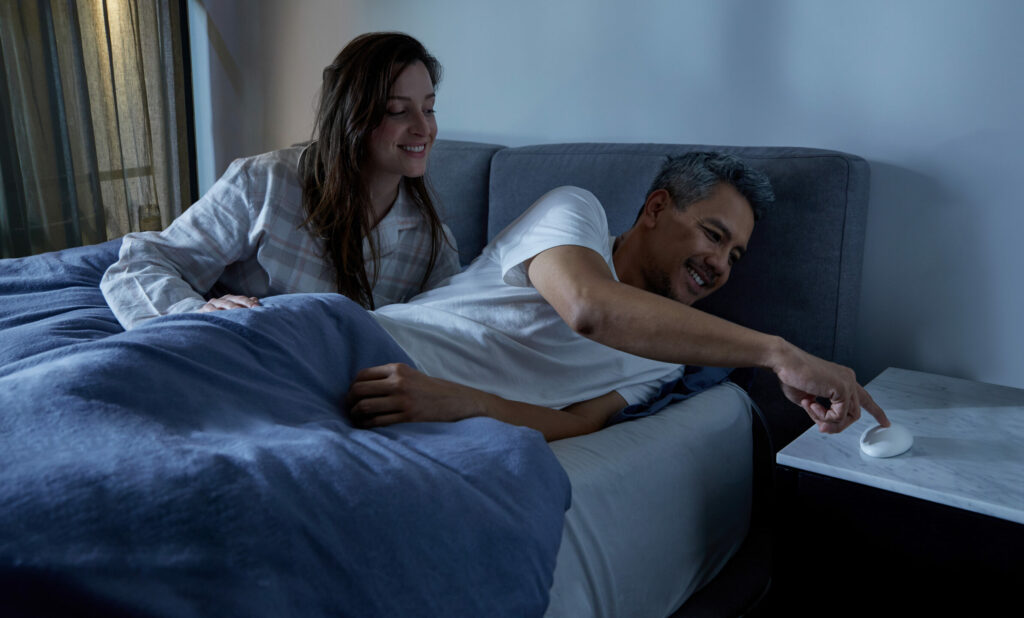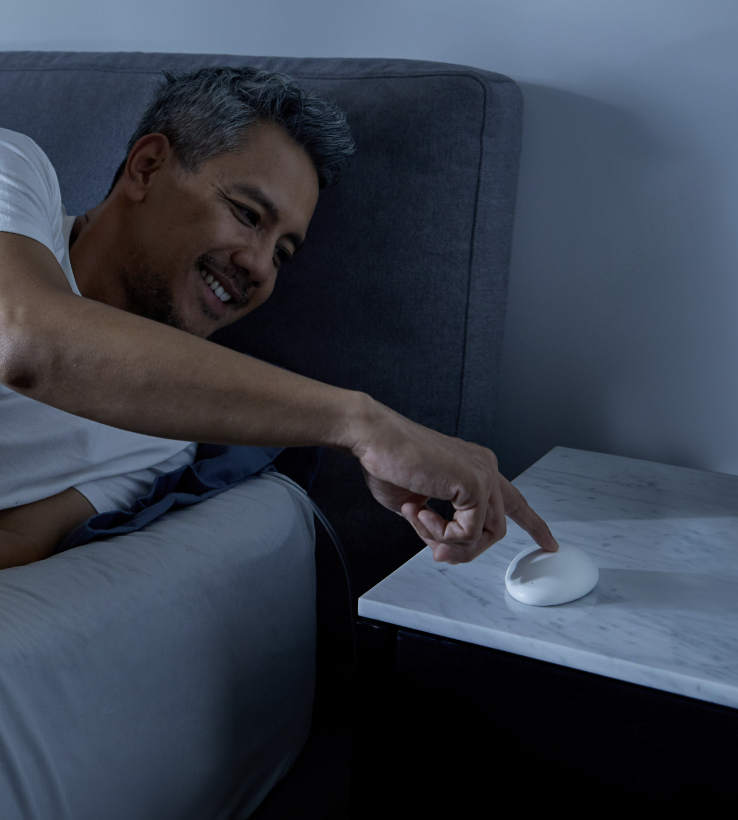Did you know that your body cooks up a recipe for weight gain while you’re awake at night, probably binge-watching a show and munching on some snacks? And that sleeping for the recommended amount of time helps you lose weight? You must already know that working out and having a balanced diet is important to losing weight, but did you know that sleep is just as important, if not more?
It’s easy to rely on a grande latte to start your day when you don’t get enough sleep the night before. You could also be inclined to skip your workout (because you’re too tired), order takeaway for supper, and stay up late due to an uncomfortable feeling of fullness. It isn’t a big deal if this happens a few times yearly, but the problem is that almost one-third of Americans don’t get adequate sleep regularly.
However, experts agree that adequate sleep is just as crucial to your health, happiness, and weight as dieting and exercising. Sleep deprivation or not getting quality sleep has been scientifically proven to slow down your metabolism, which leads to an increased risk of obesity, and various other health problems.
In this article, we will discuss the relationship between sleep and weight, and also share tips on improving your sleep and sleep hygiene.
Connection Between Sleep and Weight
If losing weight is your aim, everyone would ask you to cut calories from your diet. However, if your leptin and ghrelin levels are out of sync, you’ll find yourself eating more than your body needs. By alerting your brain of hunger pangs, ghrelin boosts your appetite and encourages you to eat. In contrast, leptin suppresses hunger and tells the brain that the stomach is full.
But if you are not sleeping enough, your body responds by producing more ghrelin and less leptin. So you see why you want to eat more when you are not sleeping enough? Research shows that more ghrelin combined with less leptin results in weight gain.
Certain theories on the relationship between sleep and increased hunger focus on the body’s endocannabinoid system and orexin, which some sleep medications target to help you overcome sleep problems.
Both endocannabinoid and orexin control various physiological processes, including energy balance, food intake, the sleep cycle, arousal, and wakefulness. High levels of orexin increase your food cravings and delay satiety, while the endocannabinoid system regulates the central mechanism of food intake.
Does Sleep Increase Metabolism?
Sleep cannot permanently speed up metabolism, but activities like exercise can. Rapid eye movement (REM) sleep is the stage of sleep that requires the most energy. Our heart rates rise during REM sleep, and our brains display activity patterns comparable to those during the day. The increased brain activity increases the need for glucose, which raises metabolism.
Lose Weight While Sleeping
A healthy weight loss plan must include getting enough good sleep. Most importantly, studies have revealed that skipping sleep while dieting can prevent weight loss and promote overeating. There are several strategies you can employ to sleep peacefully. Here are some suggestions for getting a better night’s sleep:
- Maintain a Consistent Sleep Schedule: You might think if you haven’t slept enough for a day or two, you will catch up on your sleep later. Unfortunately, that is not how our body works. Your metabolism could alter if you don’t sleep enough for a few days, resulting in high insulin sensitivity and increased blood sugar levels.
- Sleep in a Dimly Lit Space: Higher risk of weight gain and obesity can be linked to exposure to artificial light when sleeping, such as from a TV or bedside lamp.
- Avoid Eating Just Before Bed: Late-night snacking may hinder your efforts to lose weight. As we go to sleep soon after, such midnight snacks lead to improper food breakdown due to less calorie consumption. If you must, then try eating snacks that will help you sleep better through the night.
- Be an Early Bird: People who stay up later tend to eat more calories and are more likely to gain weight. Early risers may have a higher likelihood of losing weight than night owls.
- Pre-Sleep Routine: Set aside time every night for calming pursuits like reading, taking a bath, or listening to music. At least an hour before bed, turn off all devices, including your phone, television, and computer, because the last thing your brain needs before heading off to sleep is an overdose of information.
- Avoid Caffeine: Avoid drinking alcohol, caffeine, and heavy, high-fat meals in the evening. Giving up caffeine may enhance sleep because it makes you more awake and is usually used to stay late. If you have coffee even six hours before bed, it may keep you from falling asleep.
Tips to Improve Sleep Hygiene
Now that we have established the link between sleep and weight gain, let us talk about how you can maintain proper sleep hygiene to get the much-needed quality sleep. Sleep issues can cause poor sleep and disturbed digestion leading to weight gain. We would suggest you follow these tips to maintain proper sleep hygiene:
- Try Relaxation Methods: Instead of concentrating on trying to sleep, try to relax. You can fall asleep more efficiently by using relaxation techniques, including guided listening to ASMR music, visualization, gradual muscle relaxation, controlled breathing, and mindfulness meditation.
- Don’t Press the Snooze Button: No, don’t do that. We all know how enticing it is to sleep for an extra ten minutes. But regardless of how fantastic it feels, snoozing your alarm can leave you more exhausted than when you initially got up. Waking up as soon as your alarm goes off will help you feel more energized and start your day early for a more productive and comfortable morning, as ironic as it may sound.
- Drink Some Water After Waking Up: When you breathe while sleeping at night, you lose a lot of fluid, and dehydration can make you feel sluggish and tired. Rehydrating your body can help you feel awake. You don’t have to gulp it; drink it to quench your thirst.
Sleep Properly to Lose Weight!
So, the next time you think about staying up to watch your favorite show on Netflix, remember that it will cause you to gain more weight.
If you’re struggling to lose weight, it might be time to look at your sleeping patterns. Not getting enough sleep can drastically affect your weight loss efforts.
Even though everyone’s demands differ, an average adult needs seven-nine hours of sleep daily.
Getting the much-needed rest you need can be the key to achieving your weight loss objectives.
In case your sleeping problems arise because of a completely different factor, like maybe a snoring partner, we suggest you invest in a smart anti-snoring aid. Smart Nora is a device that will help you sleep peacefully by adjusting your partner’s pillow as soon as it detects any snoring sound.













































